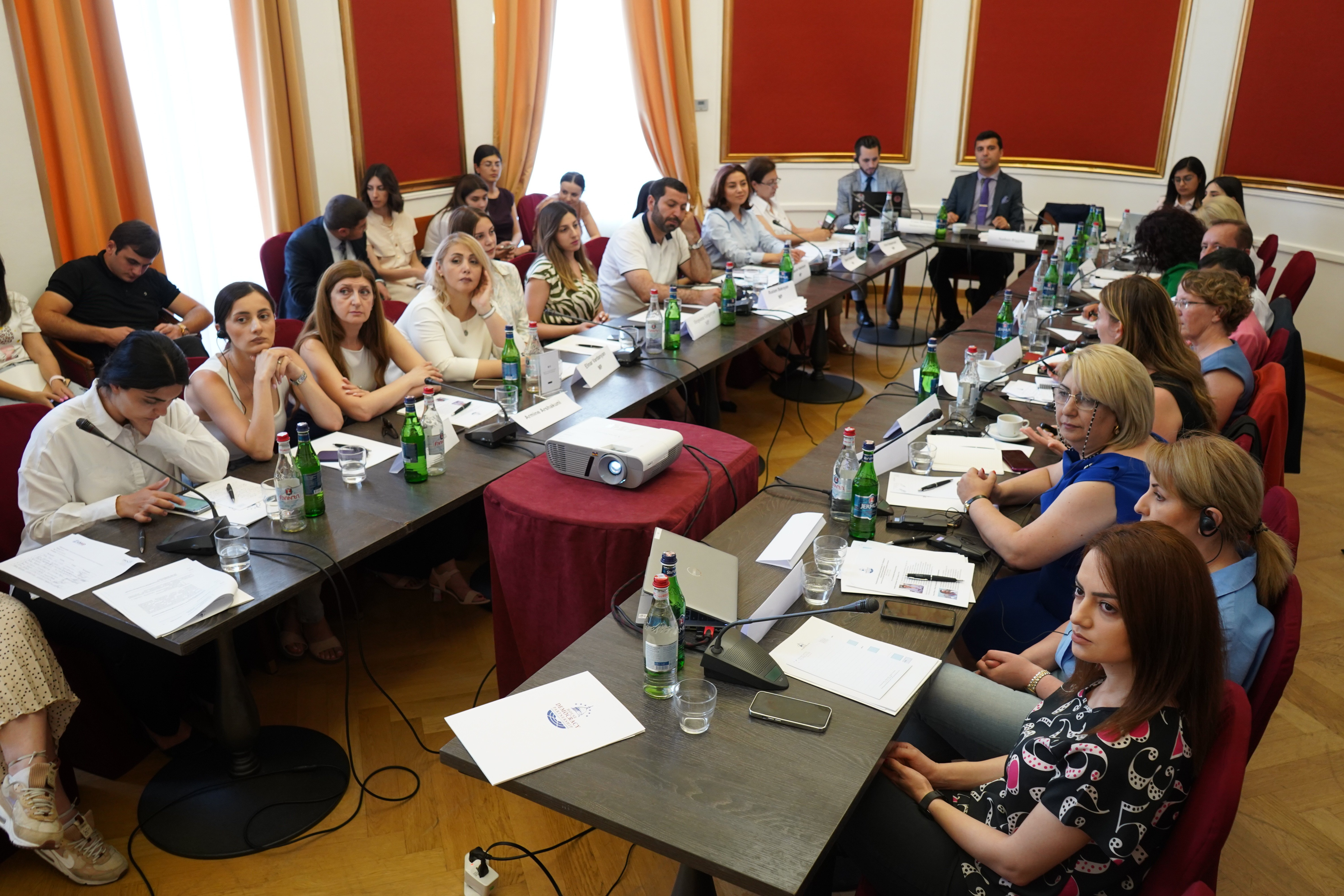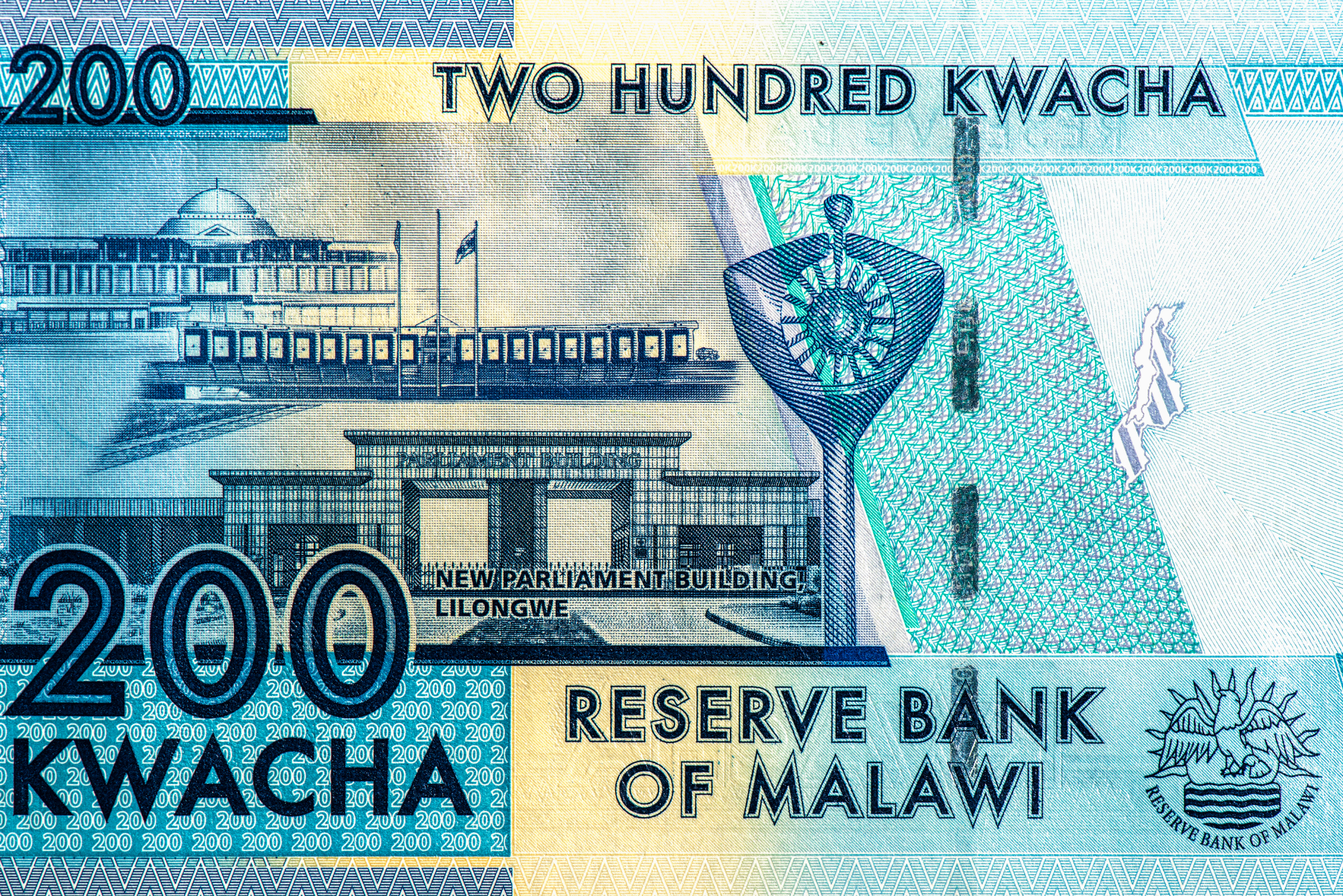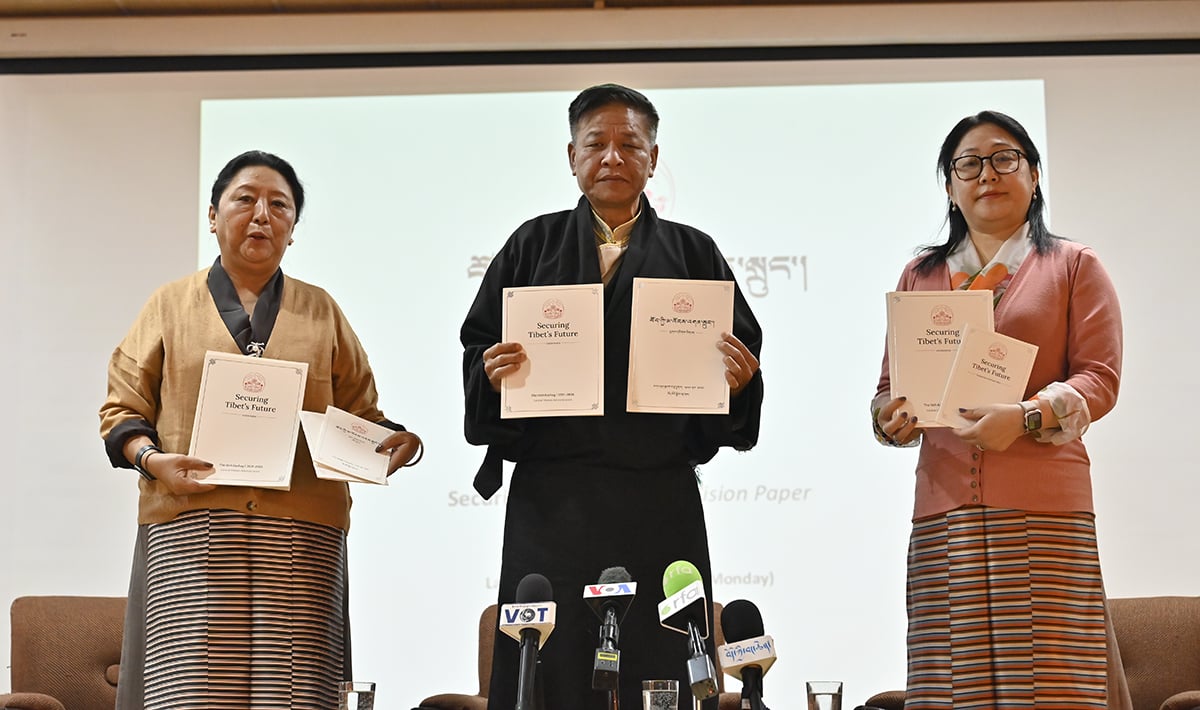Parliaments play an essential role in preventing corruption, including through a sound legislative process and rigorous legal drafting. The risk of corruption increases when the legislative process is opaque or the resulting laws include imprecise definitions, weak enforcement powers, ambiguous accountabilities, or excessive exemptions. There is also the possibility that the law itself was written with corrupt intent or to benefit a select group or harm others.
December 5, 2023
November 27, 2023
Environmental corruption is globally gaining momentum in a world witnessing rapid transformation of traditional corrupt practices. This report looks at corruption in environmental governance in North Macedonia, and offers alternatives to tackling the issue through programmatic interventions, which could foster anti-corruption practices, and increase resilience to environmental corruption.
November 20, 2023
October 24, 2023
October 6, 2023
September 20, 2023



